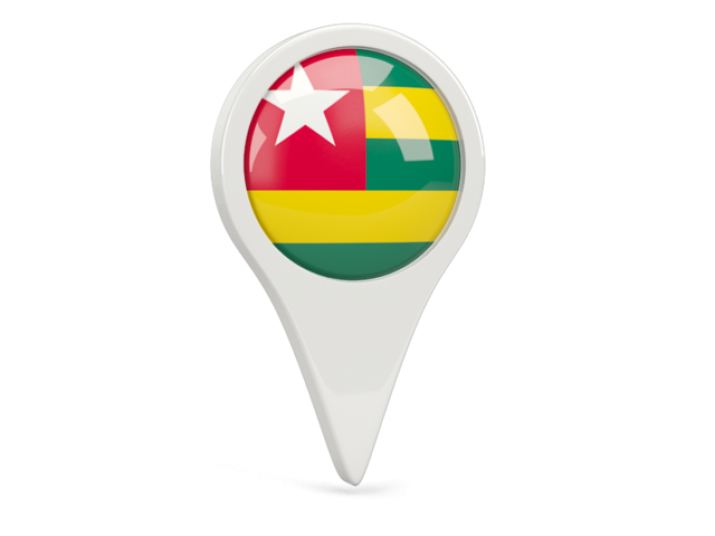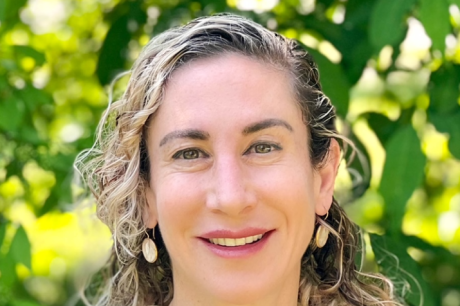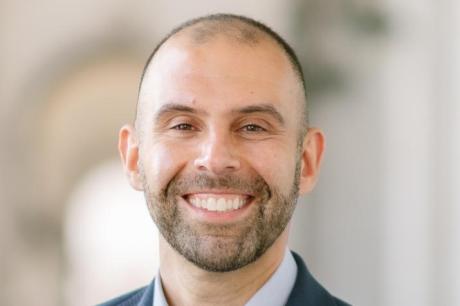By Kathleen Ridgeway
It has come as quite a surprise to me to realize that my time here in Togois more than halfway over and that in a comparatively short number of days and weeks, I will be returning home. The immense length and fullness of each day makes me feel as if I have been here for much longer than four or five weeks, and in a part of the world where time is measured by the height of the corn in the fields and the movement of the stars in the night sky, everyone in the community assumes that I will stay here for at least a year or two, if not forever.
People in Farendé meet the news that I have less than a month left here with a sort of dismayed surprise, and as I have gotten better acquainted with the entire community, it has become clear to me that I would be welcome for a much longer stay. Although I won’t deny that certain parts of this experience have presented quite a challenge, and that I miss my family, friends, and home more than I ever have before, there is so much about my experience here to be thankful for. One of the first Kabiyé words that I learned, and without a doubt the most useful, was la’balle – thank you.
Here is an incredibly condensed and disorganized summary of the things that I would like to say a grand la’balle for: It’s the little things here that I am most grateful for – like the fact that my host mother’s son, who is visiting for a week and whom I just met last Friday, thought nothing of taking the arduous hour-and-a-half journey to the nearest large city to buy vegetables so that I could have a salad for dinner. One of the things that I have struggled with is trying to acclimate to the very different diet, which consists mainly of carbohydrates and oils and is almost entirely devoid of protein and fresh vegetables. The fact that he recognized that I, as an American (and a vegetarian) was probably missing eating fresh vegetables, and the fact that he was willing to go so far just for my evening meal, was deeply touching.
His motorcycle broke down on the return journey, and he did not come back until well into the night, exhausted and covered in dust but with a bag of fresh veggies triumphantly in hand. Or the many aged, toothless, and incredibly spunky women that I have the pleasure of meeting every time I visit Farendé’s weekly market. Swathed in seemingly innumerable layers of vibrantly colored fabric and generally standing no higher than my chin, these ladies have the energy and exuberance of someone several times their size and several decades younger. greet me with so much energy and enthusiasm that I can’t help but smile and laugh, and they are so happy when I respond in Kabiyé that nine times out of ten they respond by breaking into song and trying to get me to dance with them in the middle of the busy marketplace.
Or the fact that I am surrounded by some of the most beautiful scenery that I have ever seen, and I am deeply grateful that my research project allows me to explore deep into the surrounding mountain ranges in search of traditional healers to interview, and affords me enough free time to appreciate the tranquillity of the setting. My experience here has also taught me to appreciate the things that I would totally overlook in my life in the United States – like my tiny Togolese cell phone, which looks strikingly similar to a phone my mom had about eight years ago, but whose perfect reception, built-in flashlight, and battery that can go at least ten days without charging makes it perfect for communication in this remote, electricity-less village. But most of all, and more than I can express in Kabiyé or French or even my own native language, I am deeply grateful for and totally humbled by the hospitality and grace of my host community. Yesterday evening, as I was finishing up a focus group discussion with local Kabiyé men, I was thanked sincerely by each participant for taking the time to listen to their personal experiences with malaria, a disease that remains highly prevalent in the community and has touched the lives of each one of the focus group participants.
As I struggled to find the words to tell them that I really should be thanking them, they went on to say that they wished the best for me, my research project, and the rest of my time at Duke, and all that they wished for was that I not forget them when I returned to the United States. Every time I have spoken with community members in a similar setting, they have asked me not for money and donations so that I could solve their problems, but for collaboration and knowledge so that they could be empowered to solve their own. I ended the gathering feeling deeply touched, and with renewed determination to put all of my effort into the final details of this research project, and to create from it something that can make a positive, tangible, and much-needed change in the community.
Even now, I am deeply grateful for this experience in the many ways that it has enriched and inspired me. Not just for the opportunity to get my feet wet with the immense rewards and unexpected challenges of global health fieldwork, but for the opportunity to come to know, live with, and appreciate the way of life of a community of people who I will always remember and strive to be of service to in any way I can. After all that they have given me, it is the very least that I can do.



